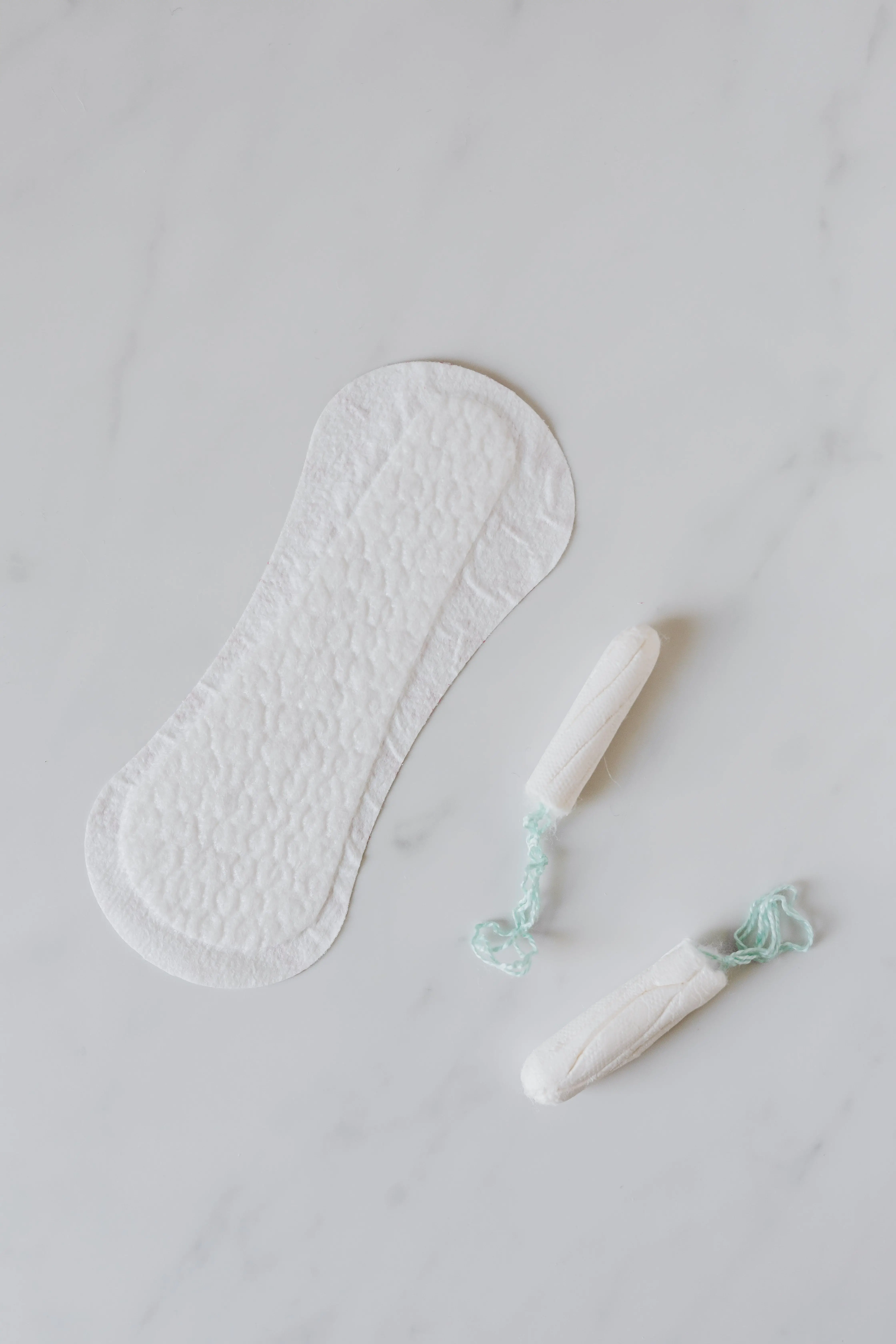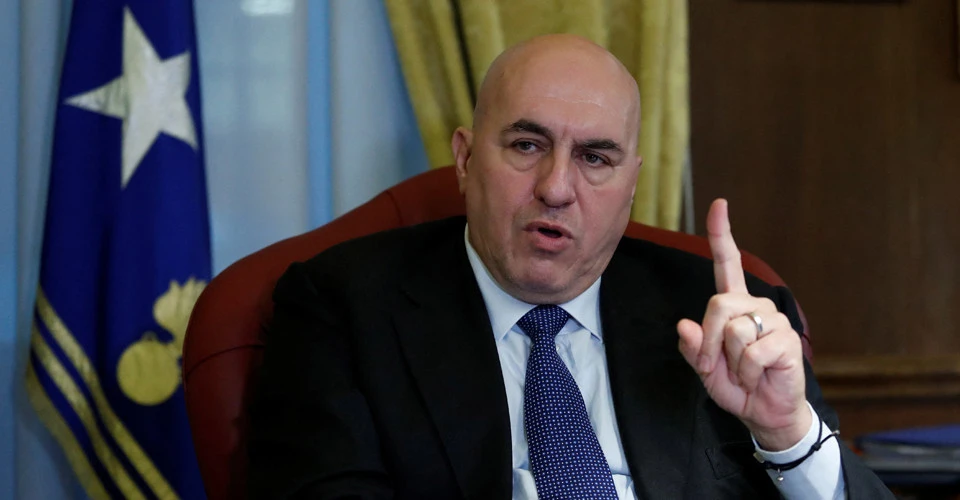Governments worldwide start to address tampon tax

More governments are taking steps to reduce the tampon tax in attempts to tackle period poverty and make these necessities more affordable.
Mexico is the most recent example to pass a law abolishing the tampon tax, with the intention to make sanitary products more affordable and accessible . Namibia and India have also abolished this tax, meaning that these products will no longer be subject to VAT. In the case of Canada, menstrual products have been exempt from the Goods and Services Tax (GST) and Harmonized Sales Tax (HST) since 2015, following an online petition that was signed by thousands.
2022 saw the Scottish government take a significant leap by enforcing the rollout of free sanitary products in designated public places, allocating £9.2 million to fund the initiative: the first country in the world . Heralded as a success, Scotland has set a precedent and example to other countries looking to take a similar course of action.
Reluctance by other governments to implement the tax revolves around concerns about revenue loss. The expression of this challenge is swiftly countered by many groups as one that can be easily surmounted with efficient planning.
Activists who advocate for the total abolishment of the tampon tax and free distribution of all sanitary-related products argue that this is the only way to tackle period poverty.
While the provision of free sanitary products in public places is still very much in its infancy, the abolishment of the tampon tax can be regarded as a step in the right direction.














